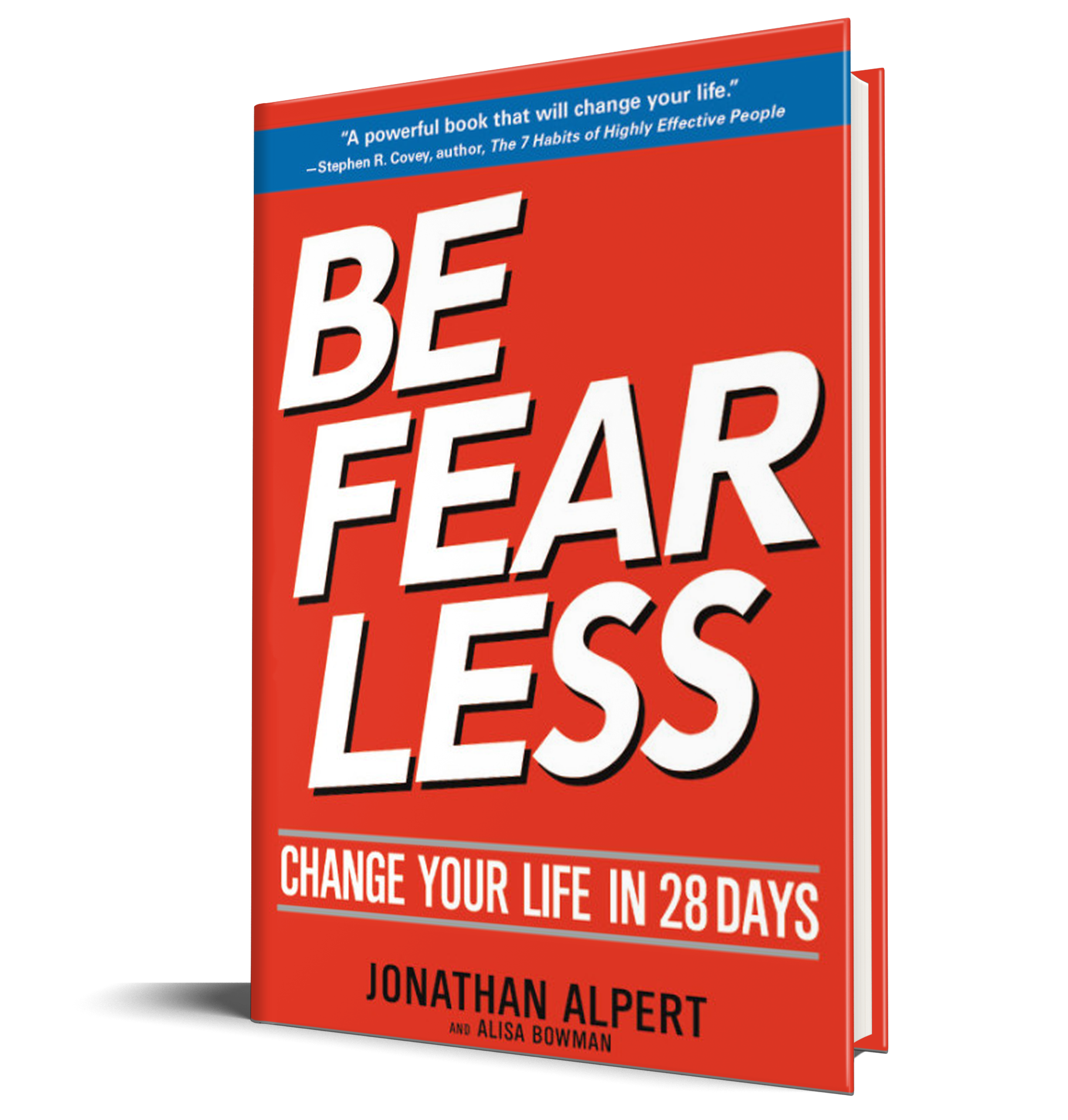In light of the Will Smith and Chris Rock slapping incident at the Oscars, three words, if said properly, can make a big difference. Although Will Smith issued an apology to Chris Rock, it perhaps has left something to be desired and could have been stronger. An apology that’s done right can be the first step in making amends, correcting wrongdoings, and gaining back trust. Whether it’s a celebrity who lost his cool, a spouse who cheated on his or her significant other, a business leader who let people down through indiscretions, or a leader who abused his position of power, we’ve seen time and time again the power of an apology.
As a psychotherapist and executive coach, I help clients who get into trouble and there’s a right way to issue an apology and a wrong way. There are certain elements that should be part of a mea culpa, and there are things that should not be said.
Here’s how to get it right:
1. Own it
Verbalize what you did wrong and do it in-person. This shows some level of culpability and awareness.
2. Don’t make excuses
Don’t try to explain away why you said or did something wrong. If you cheated, don’t say, “I was drunk and that’s why it happened.” Instead, be direct and say what happened.
3. Keep it simple
Celebrities and public figures so often say too much and end up getting into more trouble. Their rant is usually an attempt to rationalize the behavior and that isn’t what the public needs at the moment. Celebrity or not, obfuscating your words will dilute your intended message.
4. Be specific
Clearly identify what it is you are apologizing for. Saying, “I am sorry for making the comment about you being messy” is clear and direct. This goes much further than saying, “I’m sorry that you were upset”.
5. Make it heartfelt
Speak from the heart and don’t be afraid to show genuine emotion. This is your first step in repentance. This will go a long way in humanizing you and showing sincerity, both of which are critical in winning back trust and respect.
6. Put yourself in the shoes of the person you hurt
What do you think that person experienced and felt emotionally? Was it hurt? Sadness? Anxiety? Fear? Try to understand what the person or group might be going through and identify it. Be empathetic. For example, “I understand how my comments may have hurt you and made you feel anxious and disrespected”.
7. Ask yourself: What could you have done differently?
Express how you could have handled the situation in a healthier way. So for the spouse who yells at his significant other when upset he might say, “I should have taken a time out and then when I felt calmer expressed my frustrations”.
8. Take action.
Indicate what is next. What actions are you taking to try to improve things? For instance, if you have a tendency to blow up at your spouse, then perhaps therapy that addresses anger and communication is in order.
So next time you’re in a position to apologize, do it the right way even though it might be difficult. The gain far outweighs any anxiety you may have over saying, “I am sorry”.
For more tips on living a healthy and stress-free life, check out my book Be Fearless: Change Your Life in 28 Days.



